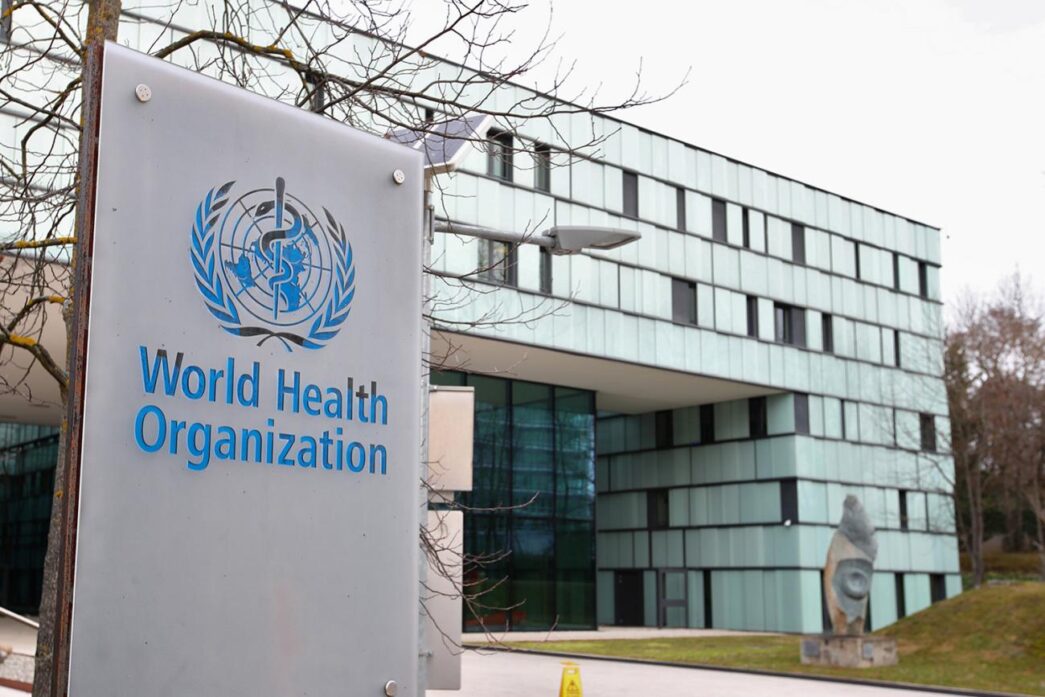WHO office in Geneva, Switzerland
The World Health Organisation (WHO) says one in six laboratory-confirmed bacterial infections recorded globally in 2023 was resistant to antibiotics.
In its new global antibiotic resistance surveillance report 2025, the WHO said between 2018 and 2023, antibiotic resistance rose in over 40 percent of the pathogen-antibiotic combinations monitored, with an average annual increase of five percent to 15 percent.
The report covers eight common bacterial pathogens – acinetobacter spp., escherichia coli, klebsiella pneumoniae, neisseria gonorrhoeae, non-typhoidal salmonella spp., shigella spp., staphylococcus aureus and streptococcus pneumoniae.
Antibiotic resistance occurs when bacteria, viruses, fungi, and parasites change over time and no longer respond to medicines, making infections harder to treat and increasing the risk of disease spread, severe illness, and death.
Advertisement
The WHO said data reported to its global antimicrobial resistance and use surveillance system (GLASS) from over 100 countries cautions that increasing resistance to essential antibiotics poses a growing threat to the world’s health.
The organisation said it estimates that antibiotic resistance is highest in the South-east Asian and Eastern Mediterranean regions, where one in three reported infections were resistant.
“In the African Region, 1 in 5 infections was resistant. Resistance is also more common and worsening in places where health systems lack the capacity to diagnose or treat bacterial pathogens,” the WHO said.
Advertisement
“The new report notes that drug-resistant Gram-negative bacteria are becoming more dangerous worldwide, with the greatest burden falling on countries least equipped to respond. Among these are E. coli and K.
“Pneumoniae are the leading drug-resistant Gram-negative bacteria found in bloodstream infections. These are among the most severe bacterial infections that often result in sepsis, organ failure, and death.
“Yet more than 40% of E. coli and over 55% of K. pneumoniae globally are now resistant to third-generation cephalosporins, the first-choice treatment for these infections. In the African region, resistance even exceeds 70%.”
The WHO called on all countries to report high-quality data on AMR and antimicrobial use to GLASS by 2030.
Advertisement
“Achieving this target will require concerted action to strengthen the quality, geographic coverage, and sharing of AMR surveillance data to track progress,” the global health body said.
“Countries should scale up coordinated interventions designed to address antimicrobial resistance across all levels of healthcare and ensure that treatment guidelines and essential medicines lists align with local resistance patterns.”











